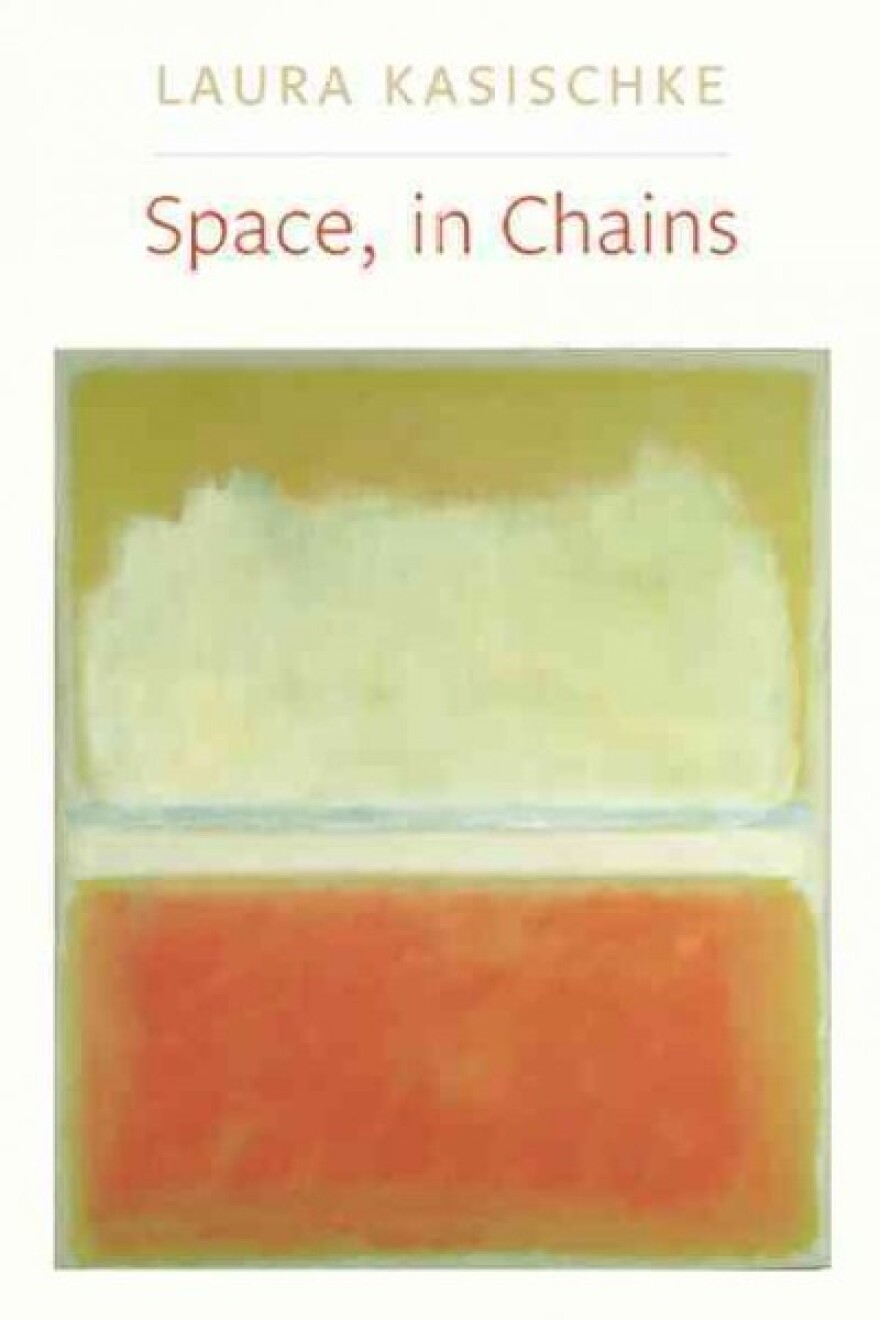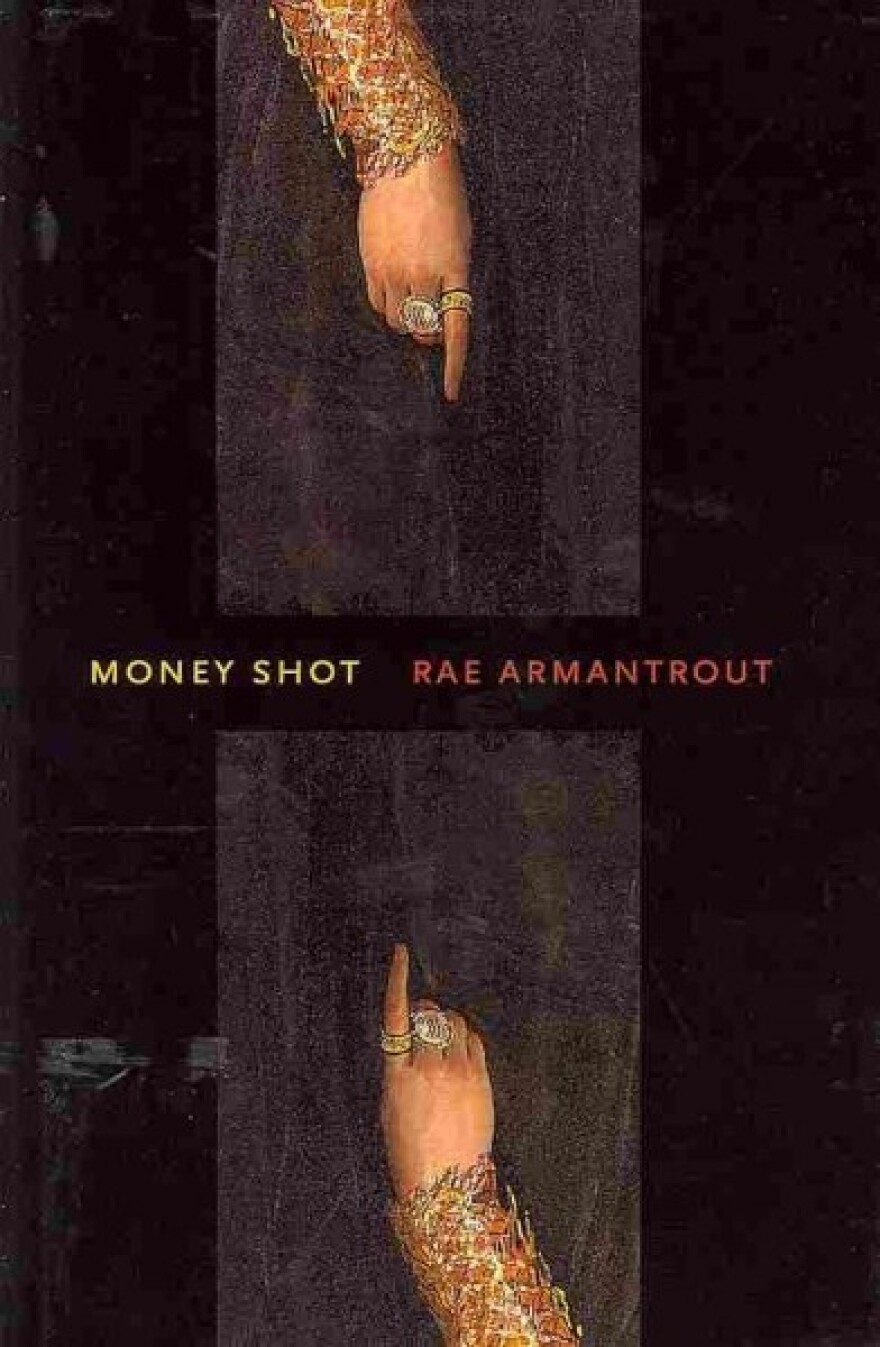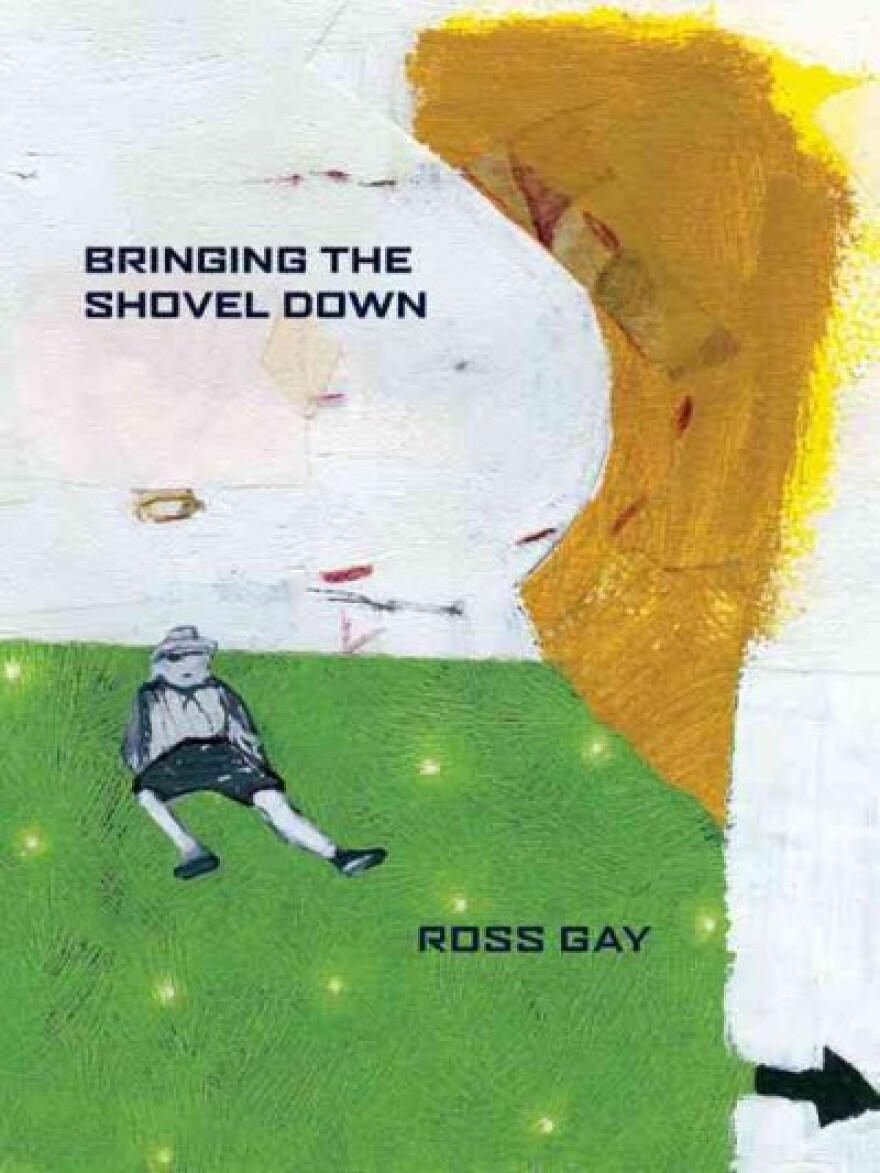Three of my favorite poems from collections appearing in 2011 — Space, in Chains; Money Shot; and Bringing the Shovel Down — challenge the reader's relationship with the every day by casting recognizable features of the world in an eerie new light.
Copyright 2024 NPR. To see more, visit https://www.npr.org.
Tracy K. Smith: Three Books
Space, in Chains

by Laura Kasischke
Laura Kasischke's prose poem "Look," from Space, in Chains, opens, "Look! I bear into this room a platter piled high with the rage my mother felt for my father!" The brooding agency of that anger reminds the speaker of a new creation story: "God punched a hole in the drywall on Earth and pulled out of that darkness another god. She — "
Here, for the first time, the poem gives way to white space, as if to ask wait — what did she do? The speaker has already moved past her own family and on to the billions of unknown worlds in the universe, but when it comes time to describe the mechanism behind the world she inhabits, those parental archetypes return. "She — " the poem continues, "just kept to herself. She just — / followed him around the house, and every time he turned a light on, she turned it off."
Through Kasischke's lens, family is enlarged to inescapable proportions, while the nature of being becomes small, the size of an ordinary house, occupied by the first characters in any given life: Mom and Dad.
Money Shot

by Rae Armantrout
Rae Armantrout's "Soft Money," from Money Shot, transplants the language of sexual desire into the context of the current economic meltdown. The poem reads as a glibly sexualized description of an unnamed "they," and opens with the following lines:
They're sexy
because they're needy,
which degrades them.
What this poem highlights, for me, is the way narcissistic consumerism manages to inform even the sexual gaze. But it also reveals how much that vapid appetite for possession and domination bleeds into other contexts. Try imagining the "they" of this poem as immigrants or destabilized global markets or manipulated currencies, and you'll see how one world adds unsettling nuance to the other.
Bringing the Shovel Down

by Ross Gay
Playing similarly between seemingly disparate contexts is Ross Gay's "Love, You Got Me Good," from Bringing the Shovel Down. On the surface, the poem reads as an address to a wicked lover, someone the speaker can't pull away from, despite all the signs:
When I think of you
I see fire. When I dream of you
I hear footsteps on bones. When I see you
I can feel the scythe's smooth handle
In my palm. Love, you got me
standing at attention. Polishing guns.
But as the images within Gay's lines begin to accumulate, they start to do their own suggestive work: fires, bones, standing at attention, guns. Despite the intimacy of its address, the poem is quietly guiding the reader's attention toward the context of public conflict. This suspicion seems to be confirmed, and the conflict specified, by a statement like, "For you, /Sugarfoot, I've been dancing / the waterboard."
I come away from this poem feeling as though I've witnessed a failed breakup with a co-dependent lover who looks a lot like America, and this suspicion turns the poem's final "Don't know what I'd do without you" into an indictment of the speaker, an acknowledgment of his — or, rather, our — complicity in the dark doings of the nation that houses us.



